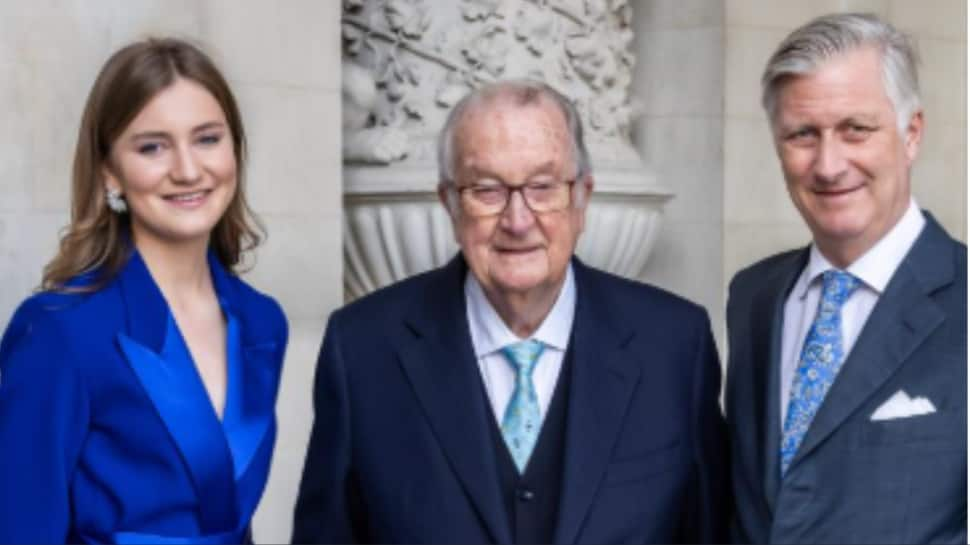New Delhi: Princess Elisabeth’s academic future hangs in the balance following the recent decision by the US President Donald Trump’s administration to ban Harvard University from enrolling international students. The 23-year-old heir to the Belgian throne, Elisabeth was in the midst of her two-year master’s degree program in Public Policy at Harvard when the ban was imposed, affecting over 6,800 international students.
Belgian Royal Palace’s spokesperson Lore Vandoorne told Reuters that Princess Elisabeth just completed her first year, and they are at present investigating the situation. Whereas Palace’s communication director, Xavier Baert, added that a lot could still happen in the coming days and weeks.
“The impact of (the Trump administration’s) decision will only become clearer in the coming days/weeks,” spokesperson Lore Vandoorne ended.
As per the Belgian Royal Palace’s website, in July 2024, Princess Elisabeth obtained a bachelor’s in History & Politics at Lincoln College, a college of Oxford University in the United Kingdom. In 2020, she obtained her International Baccalaureate at UWC Atlantic College in Wales. In July 2021, she completed her year in Social and Military Sciences at the Royal Military Academy in Belgium. She is multilingual and fluent in Dutch, French, German, and English.
The Trump administration Friday revoked Harvard’s right to enroll foreign students, citing the university’s refusal to comply with government demands. Harvard has called the move “unlawful” and is working to provide guidance and support to its international students and scholars.
However, a US judge, the same day, blocked the Trump administration’s attempt to revoke Harvard University’s authorization to enroll international students, following a lawsuit filed by Harvard in federal court in Boston. The university described the revocation as a “blatant violation” of the US Constitution and other federal laws.
The decision has significant implications for Harvard’s 6,800 international students, who make up over a quarter of the university’s student body. These students may need to transfer to another university to maintain their non-immigrant status or risk deportation. The controversy highlights the complex relationship between the US government and private universities, raising questions about the government’s authority to dictate student enrollment.
This isn’t the first time Trump’s administration has clashed with universities over international students. Earlier, the administration attempted to ban international students from studying online-only courses, sparking widespread criticism and lawsuits from universities and states. A federal judge eventually blocked the policy, allowing international students to continue their studies.
As the situation unfolds, universities and international students are anxiously waiting to see how the Trump administration will proceed. Will other universities face similar restrictions? Only time will tell. One thing is certain, however: the outcome will have far-reaching implications for the future of higher education in the US.

